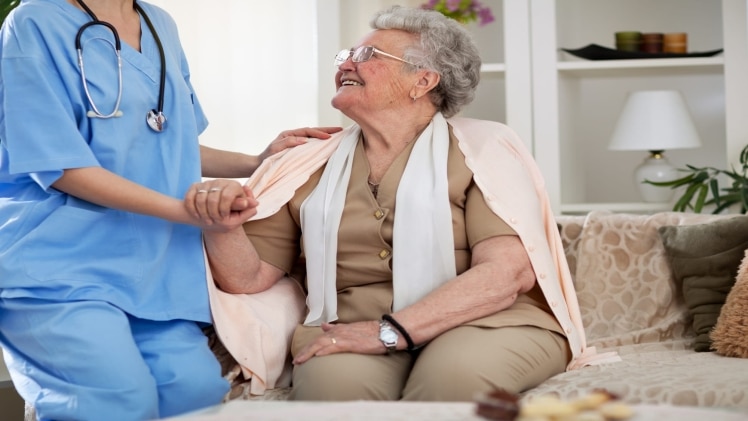Realizing someone you love might need extra help is tough—no one jumps to make this call. The decision to move a parent, spouse, or friend into an assisted living facility can feel overwhelming. But sometimes, these changes are the kindest thing you can do for everyone involved.
If you’re wondering, “How do I know it’s time?” here are some honest clues to guide your next steps.
Daily Routines Are Falling Apart
At first, it might be small things: unopened mail stacking up, dishes left in the sink, and forgotten dates scribbled on the calendar. Sure, everyone’s house gets a little messy, but if simple chores like laundry or grocery shopping are slipping, it’s worth a closer look.
Maybe your loved one is wearing the same clothes for days, or meals have shifted from homemade to a cupboard of instant noodles. Ongoing trouble with these basic routines is a major red flag.
Trouble With Medication or Health Care
Missing one pill happens to the best of us, but repeated mistakes—skipped doses, doubled up pills, not knowing what’s what—can have scary consequences.
If there are new or worsening medical concerns because meds aren’t being managed, or doctor visits are missed, your loved one may no longer be able to handle this alone. Poor medication management is a leading reason families start looking for more support.
Changes in Mobility or More Frequent Falls
Have you spotted unexplained bruises, or has your loved one been to urgent care more than once this year from a fall? Maybe the stairs are suddenly too much, or every rug in the house feels like a trap for tripping. Sometimes, even getting out of bed or the bath turns into a struggle.
When daily movement is risky, professional help and a safer environment can make a world of difference.
Loneliness and Isolation Creep In
You might start hearing, “I haven’t seen anyone all week,” or “It’s just too much to go out anymore.” If your loved one is withdrawing from hobbies, skipping social visits, or seems down, this might be more than a phase. Isolation and depression go hand in hand, and both can make health problems worse.
Serious Safety Concerns
This one covers a lot—unexplained burns, leaving a candle burning overnight, wandering outside in pajamas, or forgetting to lock doors. Maybe neighbors have brought your loved one home after they got lost. If safety is now a daily concern, a move to an assisted living facility can offer peace of mind. Staff are there to help keep things running smoothly, and your loved one isn’t left navigating tricky moments alone.
When You’re Unsure, Trust Your Gut
No decision is perfect, but bringing these concerns into the open—and talking with your loved one and their health team—means you’re acting out of love, not impatience. Small steps now can mean more good days and fewer emergencies later. And if you’re just not sure, don’t go it alone. Reach out, ask questions, and remember: you don’t have to have it all figured out today.


